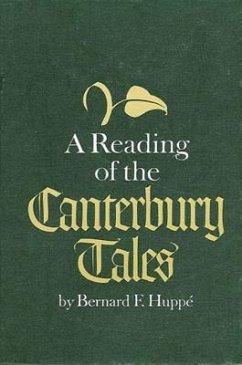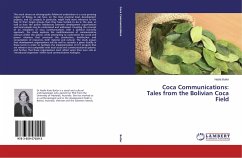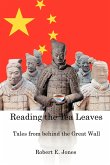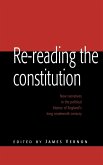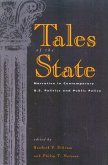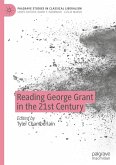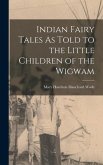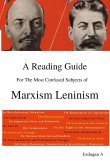In the human comedy of Chaucer's Canterbury Tales the pilgrims react to one another. The tales they tell reveal their own characters and serve in turn to supply dramatic settings for other tales told in response. In the chronicle of their self-revelations and of their reactions to one another, a thematic design may be traced. Chaucer's art of high comedy has behind it a literary tradition of which it is the fulfillment. Briefly this is the thesis of Professor Bernard F. Huppé's A Reading of the Canterbury Tales. The book itself is the direct result of more than fifteen years of lecturing on the Canterbury Tales, during which time Professor Huppé's views on the dramatic structure of the tales have been modified, clarified, and sharpened through discussion with students and colleagues, and through his study of Chaucer's literary tradition. A Reading of the Canterbury Tales retains the freshness and immediacy of a lecture series. It is intended to be provocative and to stimulate active discussion.
Bitte wählen Sie Ihr Anliegen aus.
Rechnungen
Retourenschein anfordern
Bestellstatus
Storno

